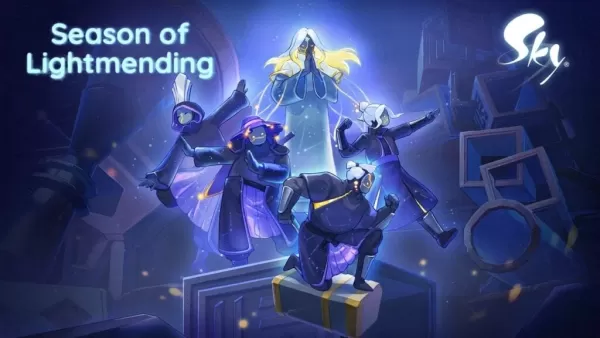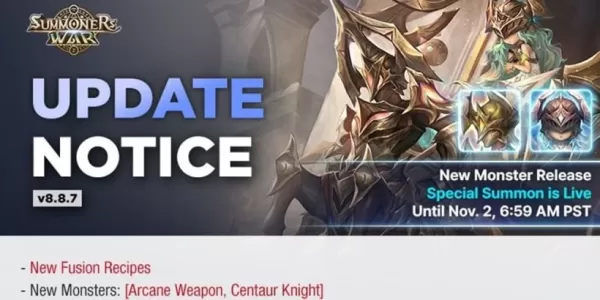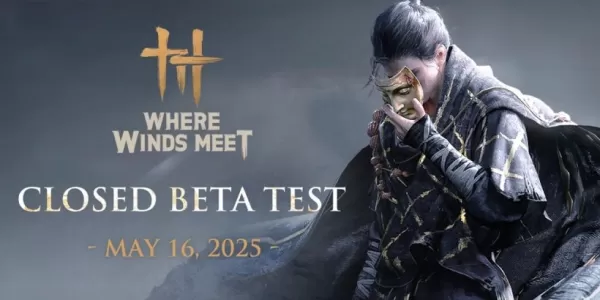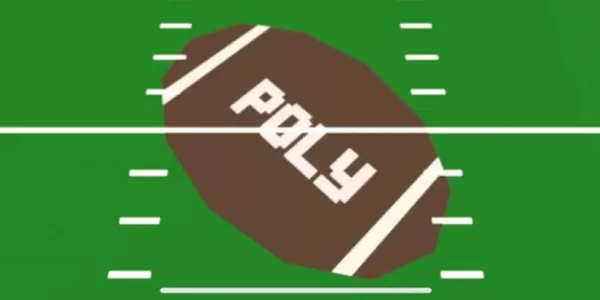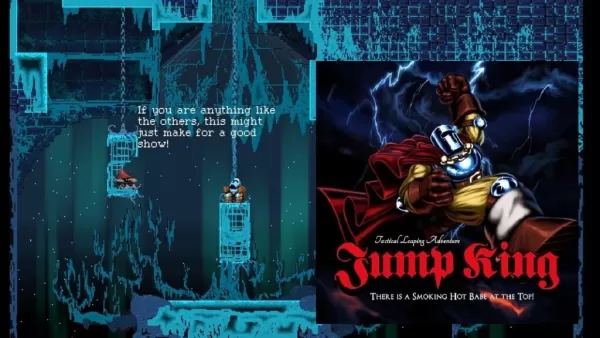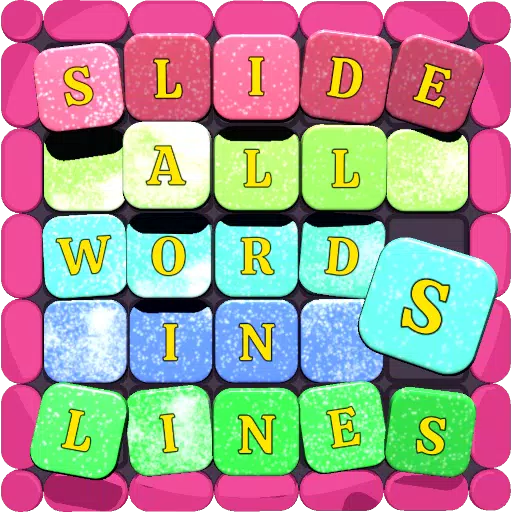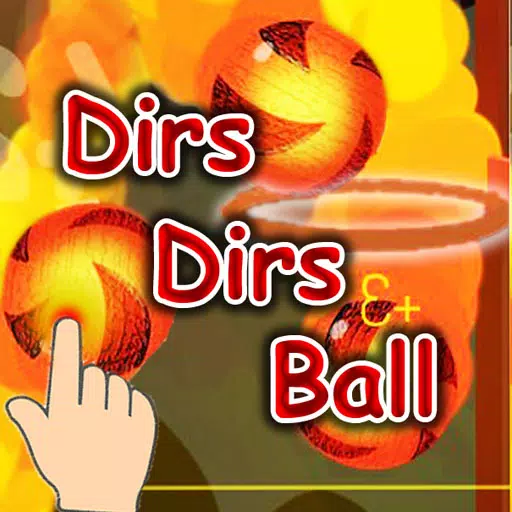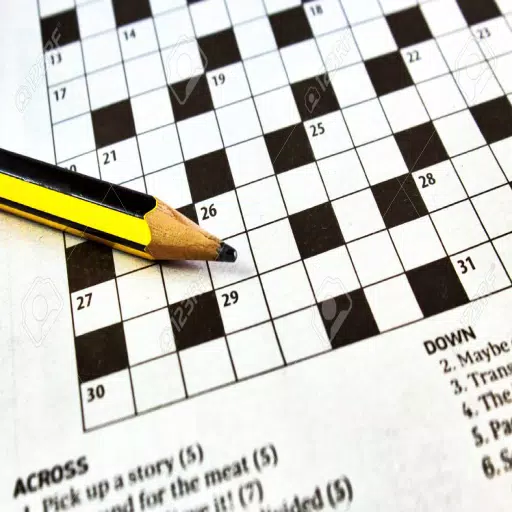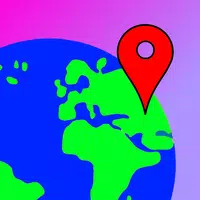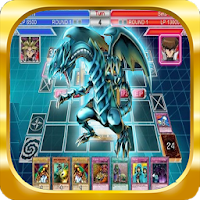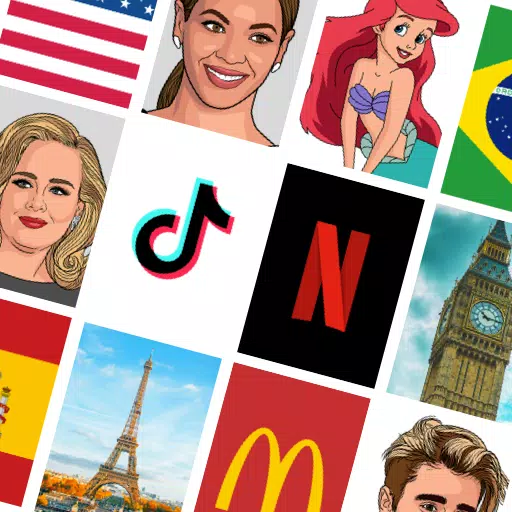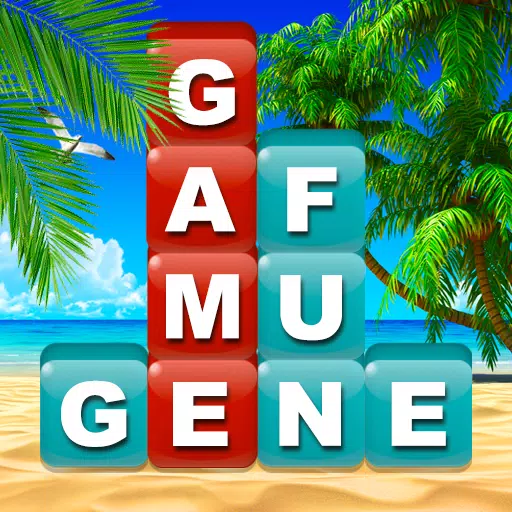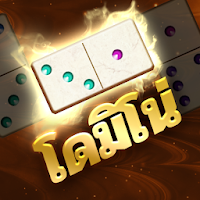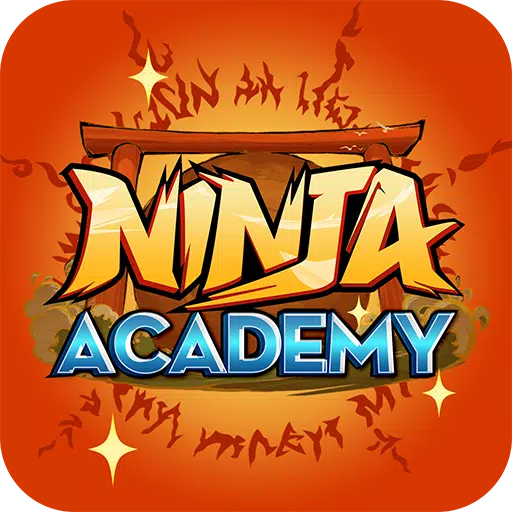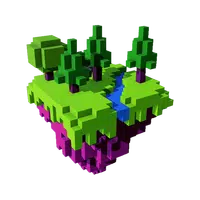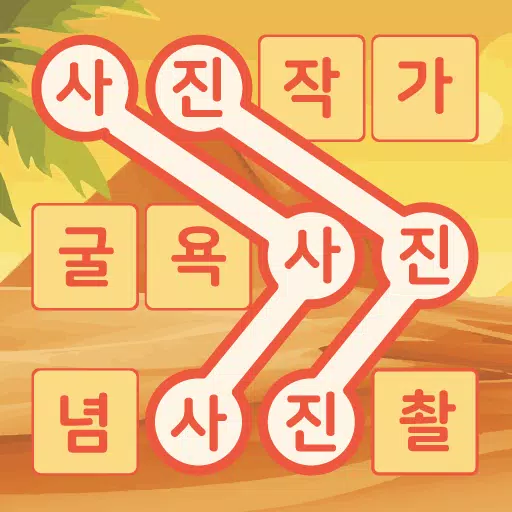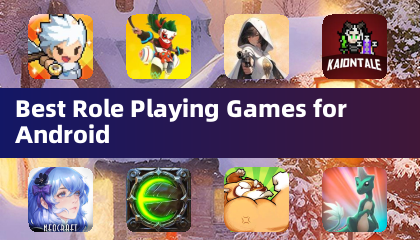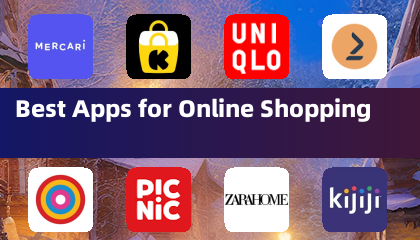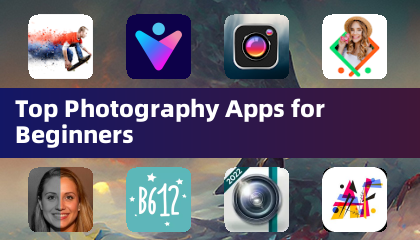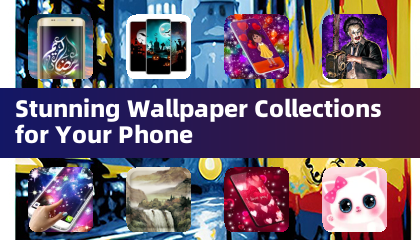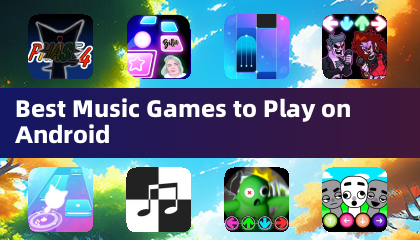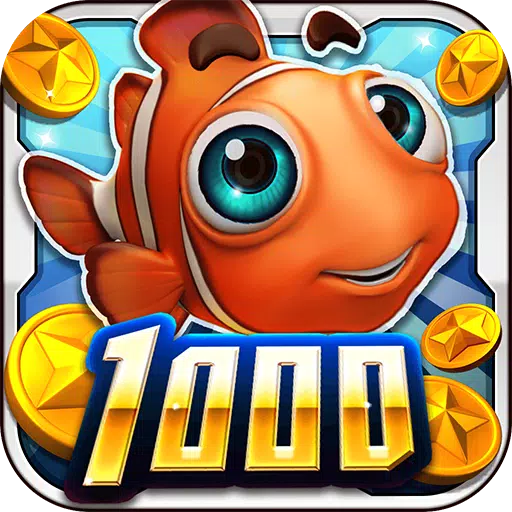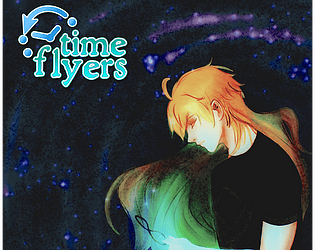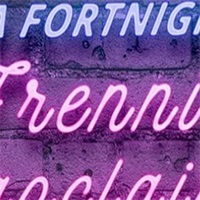Since Nintendo’s official reveal of the Switch 2, all attention has been fixed on the upcoming April Direct. That’s where we expect to learn the console’s official release date, price point, and confirmed launch lineup. Which is why this surprise Nintendo Direct—filled with major titles like *Pokémon Legends Z-A* and *Metroid Prime 4*—felt almost out of left field. But considering Nintendo’s long-standing commitment to backward compatibility, perhaps it shouldn’t come as a total shock.
Before this week’s presentation, Nintendo made it clear: “There will be no updates about the Nintendo Switch 2 during the presentation.” While technically accurate—there was no mention of the Switch 2 beyond a reminder of the upcoming Direct and the new Virtual Game Card sharing system—it’s not unreasonable to assume that everything shown will be playable on the next-gen console, even if officially these games are still listed for the original Switch.
This makes for a win-win situation. Longtime Switch owners can look forward to a steady stream of exciting content as the console enters its eighth year, while those upgrading to the Switch 2 will benefit from a rich library of games ready to go from day one.
Nintendo’s dedication to backward compatibility is paving the way for what could be one of the smoothest transitions between console generations in gaming history. Sure, most fans are eager to see what the Switch 2 can offer in terms of power and exclusive titles, but by taking a measured approach with hardware upgrades, Nintendo ensures that no player gets left behind.
At first glance, it might not seem like Nintendo is aggressively pushing Switch 2 pre-orders or trying hard to convince players to upgrade. But that inclusive mindset is exactly what sets this transition apart. Whether you plan to buy the Switch 2 at launch, upgrade later, or simply stick with your current console, Nintendo is making it clear: everyone is welcome.
This philosophy explains why Nintendo felt confident showcasing so many Switch titles just days before the Switch 2 Direct. Beneath the surface, however, the company was quietly laying additional groundwork for the future. One key example? The newly announced Virtual Game Card system, which allows two Switch consoles to be linked for digital game sharing.
This feature is especially timely as digital game sales continue to rise, offering functionality similar to Steam’s family sharing system. But why announce such a feature now, near the end of the Switch’s lifecycle and with the Switch 2 only weeks or months away? The likely reason is to make the transition to the new console even more seamless.
Some have noted that the fine print accompanying the Virtual Game Card system hints at a “Switch 2 Edition” for select titles. Whether that means enhanced versions of games exclusive to the new hardware, re-releases incompatible with the original Switch, or something else entirely remains unclear. However, much like Nintendo’s earlier statement that “Certain Nintendo Switch games may not be supported or fully compatible with Switch 2,” this small print seems designed to cover all legal bases in case some titles can’t be shared across devices.
Whatever the details turn out to be, Nintendo is handling the Switch 2 rollout with the kind of grace usually seen in Apple’s annual iPhone cycle. You’re not forced to upgrade—but if you do, there are definite advantages. And best of all, your entire game collection comes with you.

